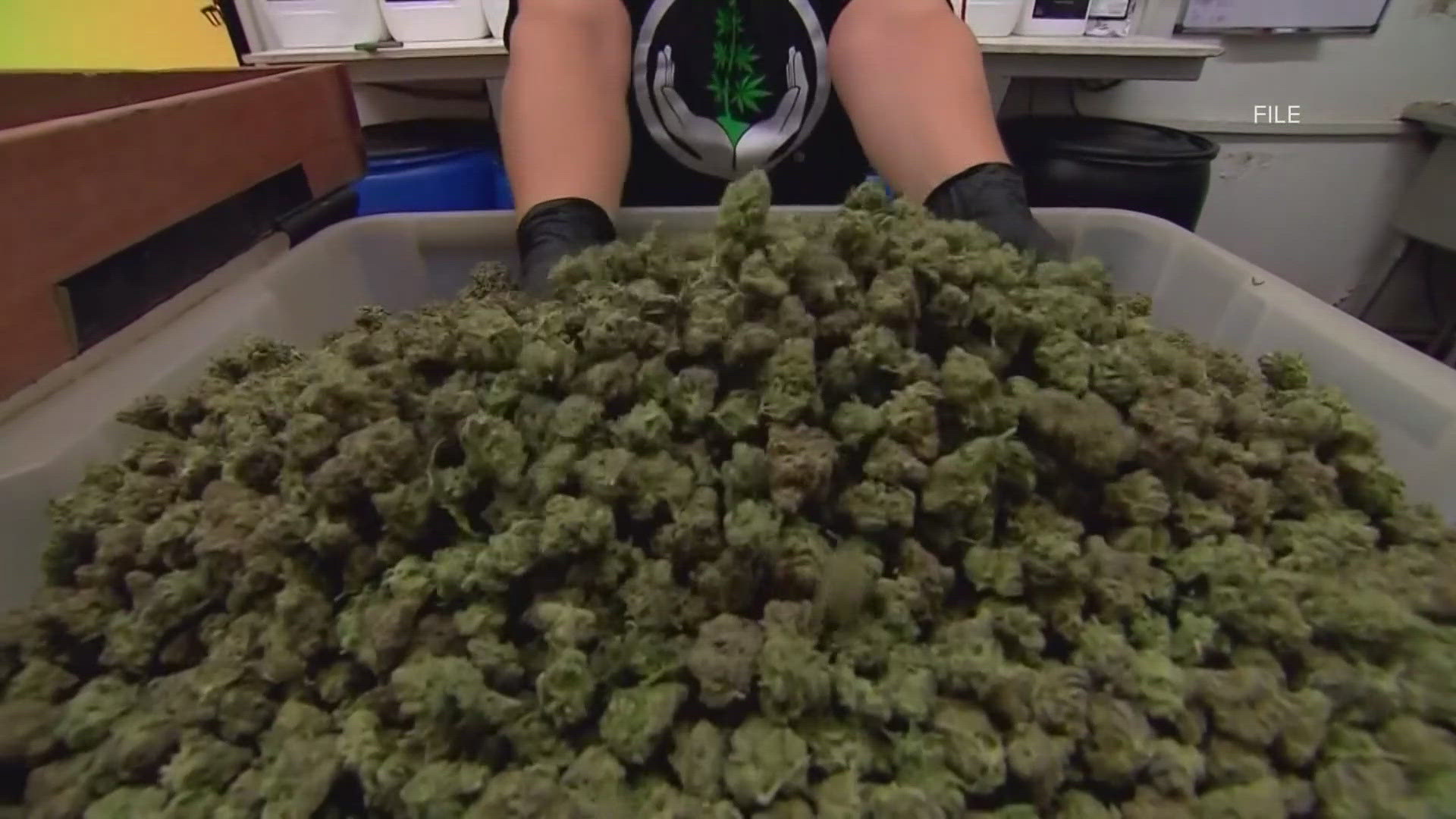JACKSONVILLE, Fla. — Amendment 3 made local headlines last week after Jacksonville Mayor Donna Deegan endorsed in favor of it, while Sheriff TK Waters announced he’s against the idea.
A lawyer helped answer a few questions, so voters will be able to take that information with them when they go to make their decision in November.
- Would the amendment wipe past convictions for marijuana possession off criminal records?
“It does not explicitly state whether it has retroactive applicability or not," said Bonderud. "If you ask 10 attorneys this question, you’re going to get 10 different answers.”
Under current Florida law, it’s a misdemeanor to have up to ¾ of an ounce of marijuana, and a felony for any more than that.
If Amendment 3 passes, it would legalize up to three ounces under state law.
“Even if it is not a slam dunk argument for someone to make, they will make it anyway," said Bonderud. "Courts confront these questions all the time.”
- Would possessing marijuana still be against federal law if Amendment 3 passes?
“Constitutional amendment says we’re going to immunize you for that type of possession, where as, federal law might say, ‘We have a different view of that,'" said Bonderud.
Bonderud says only some local law enforcement officers have the authority to enforce federal law, like a JSO officer in a DEA task force, for example.
However, until congress changes federal law, possessing marijuana would still be against the law even if Amendment 3 passes, creating a situation where someone could be following state law while breaking federal law at the same time.
“Lawyers will be able to make a living off interpreting this amendment and fighting the battles in court," said Bonderud.
Amendment 3 will be on Florida voters ballots come November – a "Yes" vote means you’re in favor of recreational marijuana, "No" means you’re against it.
If passed, the law will take effect six months after that, so May 2025.

